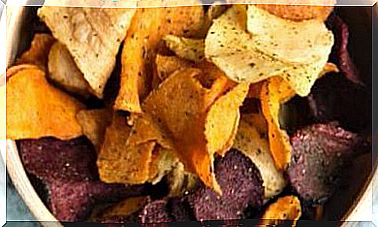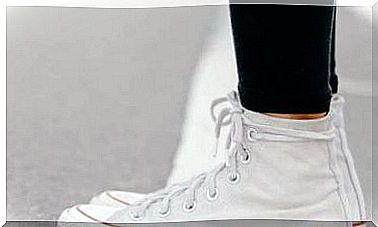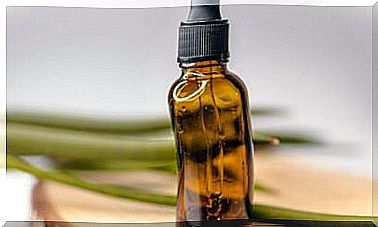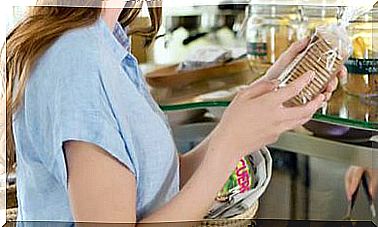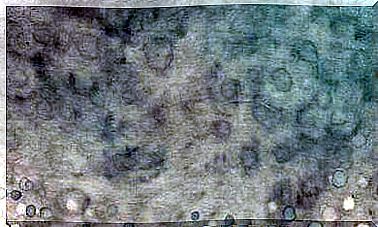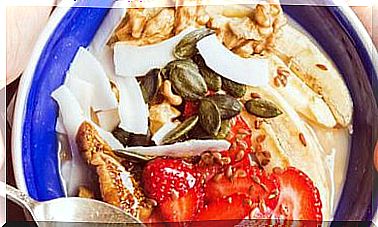Is Sucralose A Natural And Healthy Sweetener?
The sweetener E955 or sucralose is not without suspicion. It can alter the microbiota and decomposes when heated.

More and more products are found that include the sweetener sucralose among their ingredients, and they do so much by presenting themselves with a natural and healthy image.
Sucralose was discovered by accident in 1976, when a chemistry student at the University of London came up with the idea of testing a compound obtained by replacing three hydrogen-oxygen groups on the sucrose molecule with three chlorine atoms.
It was a substance 600 times sweeter than sucrose (white sugar) and it is not digested, so it provides practically no calories. It was patented as a sweetener and its use was approved in Canada in 1991 and in the United States in 1998. In Europe it was not authorized until 2004 and it was identified with the E955 code among food additives.
Sucralose breaks down when heated
The health authorization suggests that it is a safe product, but as has happened many times with other artificial additives, scientific discoveries may reveal that it produces negative health effects that had been overlooked.
Studies carried out at North Carolina State University and McGill University suggest that when heated above 120ºC, sucralose breaks down and interacts with fatty compounds and generates harmful agents called chloropropanols, which increase the risk of cancer.
Therefore, a first precautionary measure is to avoid sucralose in all products that must go through the oven.
Alters beneficial gut microbiota
Another side effect occurs on populations of beneficial digestive bacteria. A study with laboratory animals at Duke University and published in the Journal of Toxicology and Environmental Health found an association between the consumption of sucralose and a reduction in bifidobacteria and other microorganisms with positive functions.
The same conclusion was reached by an investigation led by Dr. Eran Elinav, from the Weizmann Institute in Rehovot (Israel), published in Nature .
However, it is necessary to check if the effects also occur in people.
Taking sweeteners does not help you lose weight
Furthermore, studies indicate that the consumption of products with sweeteners is not associated with weight loss. This only occurs with a diet and proper habits; it does not depend on whether sweeteners are consumed or not.
What’s more, there are investigations to the contrary. A study published in the journal Obesity observed a relationship between the consumption of artificial sweeteners and an increase in body weight.
It is a common opinion among experts in nutrition and in weight loss diets that the fondness for products with sweeteners does not serve to modify the tendency to consume sweet foods, something that is related to an increase in weight.
Some studies indicate that when the sweet taste is not accompanied by calories, the body reacts by increasing appetite.
Natural sweet options
In a natural and balanced diet, the “allowed” sweet taste is found mainly in whole fruits and in dried fruits, where they are accompanied by minerals, vitamins, fiber and other beneficial compounds.
When it comes to purely sweetening substances, there are better options than synthetic sweeteners.
Stevia leaf preparations are sufficiently sweet and have a positive effect on blood glucose levels.
Xylitol is derived from plant fiber and there are no known harmful effects, other than gas when consumed in excessive amounts.
